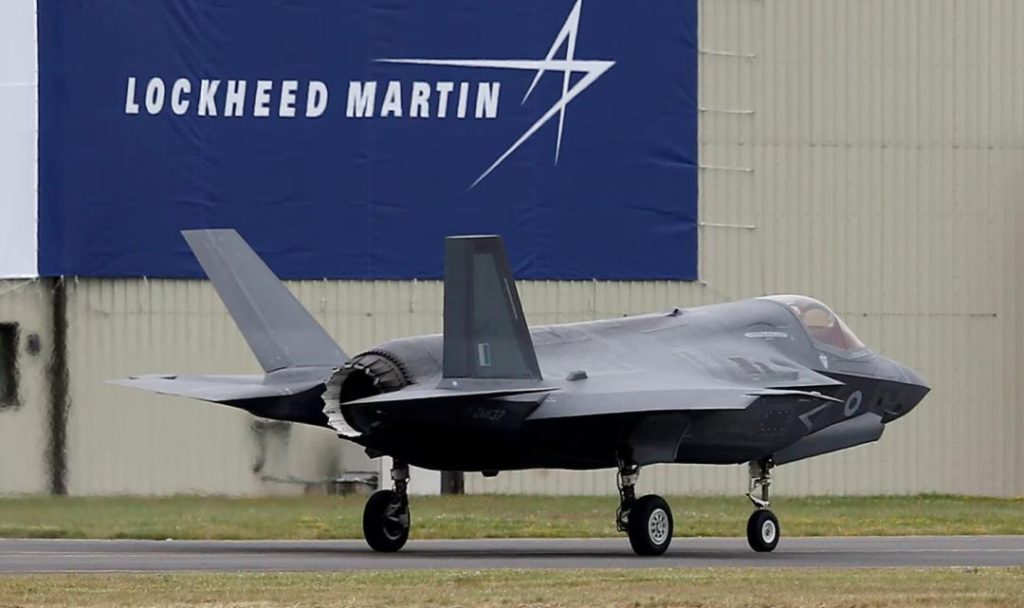
US Government Eyeing Stake in Lockheed Martin After Intel Deal
In a move that has sent shockwaves through the global defence industry, the United States government is reportedly considering taking a stake in defence firms, particularly Lockheed Martin, following the Trump administration’s acquisition of a 9.9% stake in Intel. This development has sparked a heated debate about the role of the government in the private sector, with some hailing it as a bold move to secure national interests and others warning of the dangers of creeping state control.
According to US Commerce Secretary Howard Lutnick, the government is engaged in a “monstrous discussion” about defence, with Lockheed Martin’s reliance on government revenue being a key factor in the decision-making process. Lutnick, in an interview with a leading publication, noted that Lockheed Martin is “basically an arm of the US government” due to its significant dependence on government contracts. This comment has sparked concerns about the potential for government interference in the company’s operations and the impact on its bottom line.
The US government’s interest in taking a stake in Lockheed Martin is not surprising, given the company’s dominant position in the global defence industry. As one of the largest defence contractors in the world, Lockheed Martin has a significant presence in the US military’s supply chain, providing a range of products and services, including fighter jets, missile systems, and cybersecurity solutions. The company’s reliance on government contracts is estimated to be around 70%, making it highly vulnerable to fluctuations in government spending and policy changes.
The government’s interest in taking a stake in Lockheed Martin is also seen as a way to exert greater control over the company’s operations and strategy. With a significant stake, the government would have a greater say in the company’s decision-making process, potentially enabling it to shape the company’s direction and priorities in line with national interests.
However, the move has also raised concerns about the potential risks and challenges associated with government ownership of private companies. Critics argue that government ownership can lead to inefficiencies, lack of transparency, and reduced innovation, as companies become beholden to government agendas rather than market forces. Additionally, the government’s stake in Lockheed Martin could create conflicts of interest, particularly if the company is involved in contracts that involve competing interests or conflicting priorities.
The government’s decision to take a stake in Lockheed Martin is also being seen as a potential precedent for other defence companies, including Boeing and Raytheon. These companies, like Lockheed Martin, have significant government contracts and are heavily reliant on government revenue. The government’s stake in Lockheed Martin could set a new benchmark for its involvement in the private sector, potentially paving the way for increased government ownership and control in other areas of the economy.
While the exact nature and extent of the government’s stake in Lockheed Martin is still unclear, one thing is certain – the deal has sent shockwaves through the global defence industry. As the debate rages on about the merits and risks of government ownership of private companies, one thing is clear – the government’s involvement in the private sector is likely to become a major talking point in the coming months and years.



